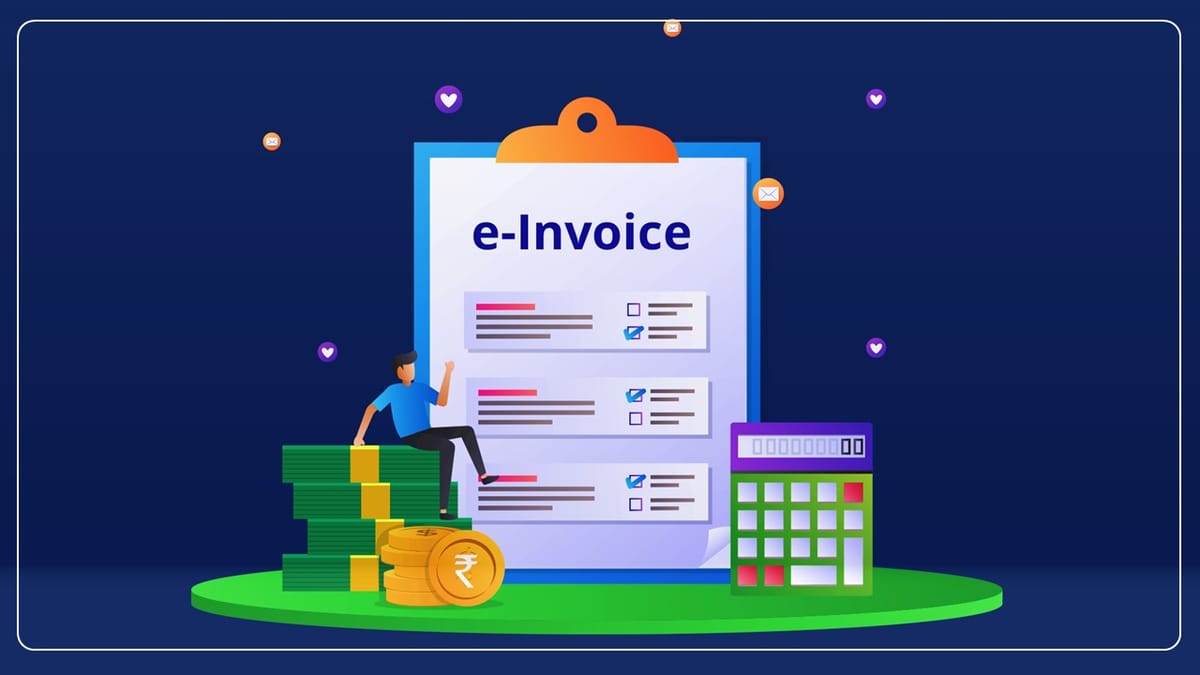Reetu | Sep 29, 2023 |

GST E-Invoicing New Changes You need to be Aware of; Know Details
The GST e-invoicing system was implemented in October 2020 for taxpayers with an aggregate turnover of more than Rs 500 crore. Later, this was extended to businesses with a turnover of more than Rs 100 crore beginning in January 2021. Earlier this year, companies with B2B transactions of Rs 5 crore were also required to generate an electronic invoice.
The Central Board of Indirect Taxes and Customs tweeted about the rule change, stating that GST taxpayers with an aggregate turnover of more than Rs 5 crore in any given financial year will be required to produce an e-invoice beginning August 1, 2023.
GSTN communicated in an advisory the time limits for reporting invoices on the e-invoice IRP portals, effective May 1, 2023. According to the advisory, taxpayers with a PAN-based annual turnover of Rs 100 crore or more will be barred from generating IRNs after 7 days from the date of the document, which could be a tax invoice or a debit/credit note.
However, certain changes have been made to these GST e-invoicing details, as well as a time extension.
The National Informative Centre has issued an advisory revising the deadlines for reporting invoices on e-invoice IRP portals. According to that, companies with a PAN-based AATO of Rs 100 crore or more will be barred from generating IRN after 30 days from the date of the document.
Those who are affected must generate their e-invoices within the newly established time frame. The in-built validation system will not allow taxpayers to report the invoice on the IRPs after the 30-day tenure.
According to the advisory, “The GST Authority has decided to impose a time limit of 30 days for reporting invoices on e-invoice portals from the date of invoice. This time limit applies to taxpayers with an AATO of more than or equal to 100 crores.”
If all goes well in the coming months, the provisions will be extended to all taxpayers. These were implemented in response to certain business concerns, and they will also ensure on-time tax payments.
In case of any Doubt regarding Membership you can mail us at [email protected]
Join Studycafe's WhatsApp Group or Telegram Channel for Latest Updates on Government Job, Sarkari Naukri, Private Jobs, Income Tax, GST, Companies Act, Judgements and CA, CS, ICWA, and MUCH MORE!"